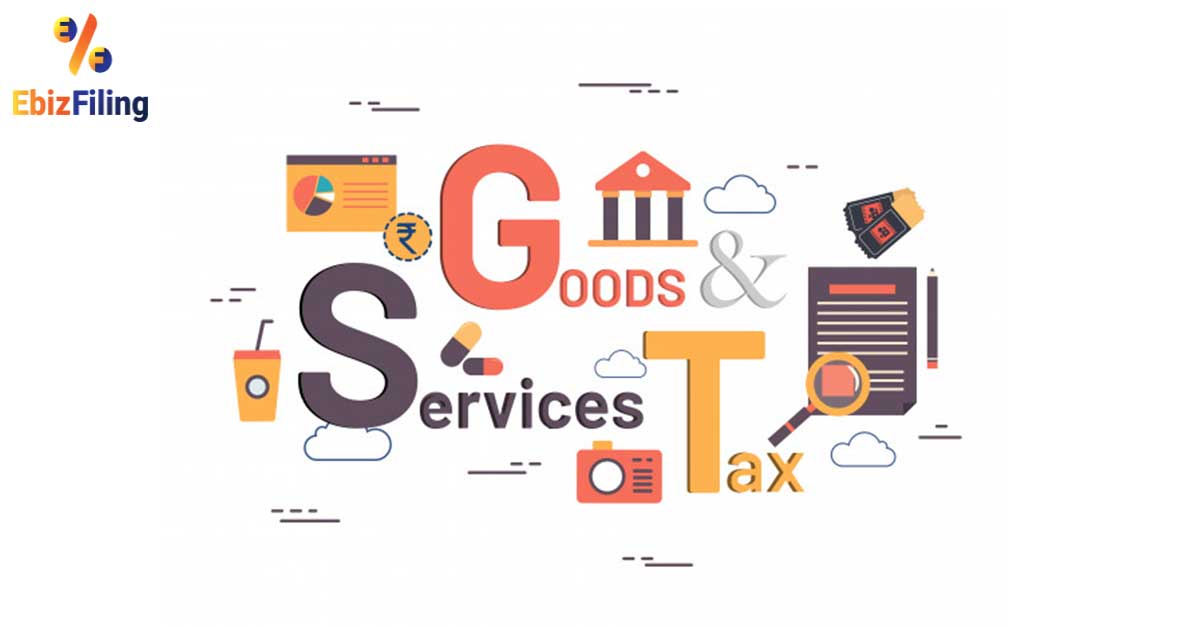Optimize Your Savings with the most effective GST Registration Services in Singapore
Optimize Your Savings with the most effective GST Registration Services in Singapore
Blog Article
Throughout: The Ultimate Roadmap to GST Registration for Organizations Seeking Financial Stability
Navigating the complexities of Goods and Provider Tax Obligation (GST) enrollment is an important action for services aiming for economic stability. Damaging down the roadmap right into convenient actions can simplify the registration journey for companies looking to improve their economic standing.
Recognizing GST Basics
Exploring the basic concepts of Product and Provider Tax Obligation (GST) is necessary for obtaining a detailed understanding of its effects on businesses and the economic climate. GST is a value-added tax levied on most items and solutions for residential intake. It has replaced multiple indirect tax obligations that existed in the pre-GST period, streamlining the tax structure and enhancing ease of doing organization in India. Under the GST system, both products and solutions are tired at a details rate, which is identified based upon their category. Organizations are needed to sign up for GST if their yearly turn over goes beyond the threshold limit set by the federal government. Input Tax Credit Scores (ITC) is a substantial attribute of GST, enabling companies to assert credit score for tax obligations paid on inputs, lowering the total tax problem. Understanding the essentials of GST is vital for organizations to abide by tax laws, handle their funds efficiently, and contribute to the nation's economic growth by participating in a transparent tax system.
Qualification Criteria for Enrollment
To register for GST, businesses have to satisfy details eligibility criteria established by the federal government. The main qualification requirement is that any type of company associated with the supply of products or services with an annual accumulation turnover above the threshold limitation established by the authorities must sign up for GST. As of the existing policies, the threshold restriction for GST enrollment is an annual aggregate turn over of 40 lakhs for organizations running within a state, besides special classification states where the restriction is 20 lakhs. Additionally, certain services are needed to register for GST irrespective of their turn over, such as interstate suppliers, informal taxed individuals, and businesses reliant pay tax obligation under the reverse charge system. It is vital for companies to extensively assess their turnover and transaction types to determine their GST registration responsibilities precisely. Failing to sign up for GST when eligible can cause penalties and legal repercussions, making it essential for services to follow the defined qualification standards.
Papers Required for Enrollment
Having actually met the qualification requirements for GST enrollment, companies must currently ensure they have the requisite files in area to proceed with the registration procedure successfully. The files required for GST enrollment normally include evidence of service constitution, such as partnership action, registration certification, or incorporation certificate for different kinds of companies. Additionally, companies need to give records establishing the primary location of company, such as a rental arrangement or electrical power expense.
Step-by-Step Enrollment Process
Beginning the GST registration process entails a series of structured steps to guarantee a smooth and compliant enrollment for companies. The very first step is to check out the GST website and complete the enrollment type with precise details of the organization linked here entity. Following this, the candidate gets a Short-term Recommendation Number (TRN) which is used to return to the application process if it's not finished in one go.
Next, all called for documents based on the checklist supplied by the GST portal need to be posted. These records typically include evidence of business enrollment, identification and address evidence of promoters, financial declarations, and business entity's frying pan card.

Post-Registration Conformity Standards

Conclusion
To conclude, organizations looking for monetary stability should understand the essentials of GST, meet eligibility criteria, gather necessary records, comply with the step-by-step enrollment process, and abide with post-registration standards - Best GST registration services in Singapore. By sticking to these steps, services can ensure compliance with tax obligation regulations and keep monetary stability in the long run
In addition, particular companies are called for to sign up for GST irrespective of their turnover, such as interstate providers, casual taxable persons, and companies accountable to pay tax under the reverse cost device.Having fulfilled the qualification criteria for GST enrollment, organizations need to currently ensure they have the requisite documents in place visit this site to continue with the enrollment procedure efficiently. The records needed for GST enrollment typically include evidence of company constitution, such as collaboration deed, enrollment certification, or consolidation certification for various kinds of businesses. Additionally, services require to offer files developing the principal place of company, such as a rental contract or power costs.Starting the GST enrollment process includes a collection of structured actions to make certain a seamless and compliant registration for services.
Report this page